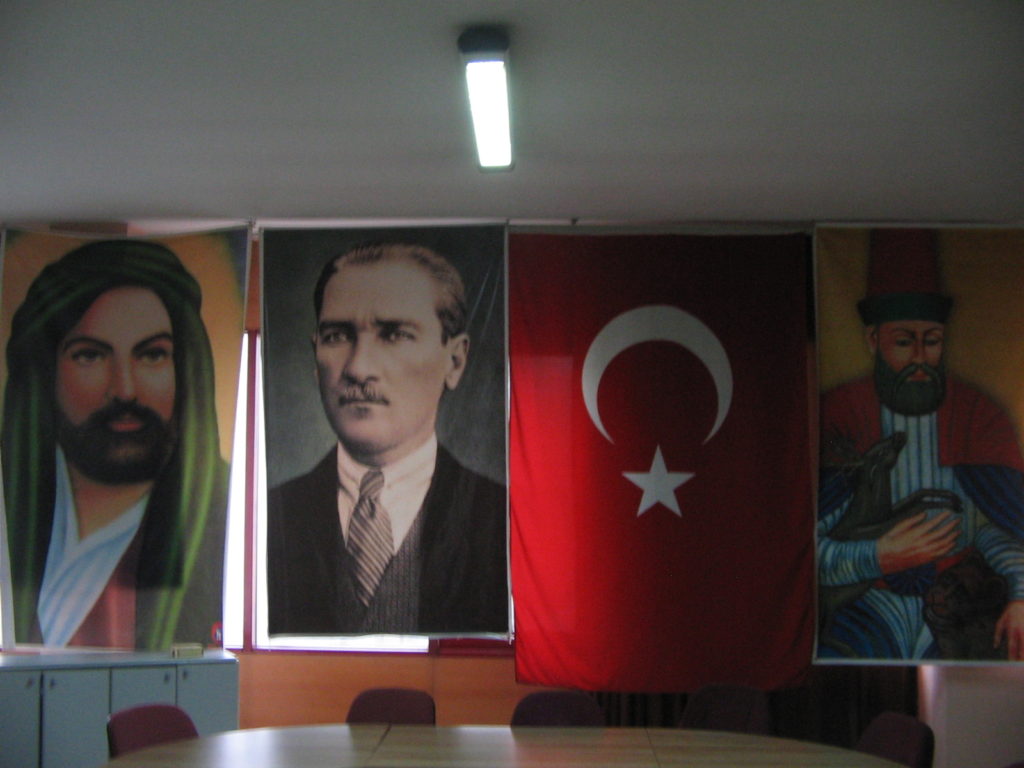by Jeremy F. Walton
9/11 fatigue is a fully comprehensible, affective response to the cadences of nationalism that have accompanied public commemoration of the tenth anniversary of September 11, 2001. But this fatigue should not constitute the alibi for indifference, solipsism, or cynicism.
Several weeks after September 11, 2001, I participated in what was surely a frequent sort of event at the time: a hastily organized panel of academic experts summoned to reflect upon the radical political upheavals of the recent weeks. This particular panel occurred at the University of Chicago, where I was then a second-year graduate student in Anthropology; the first speaker was the Haitian anthropologist Michel-Rolph Trouillot, an early mentor of mine. Rolph, as we affectionately called him, struck a dramatic note: “A pillar of impenetrable, black smoke in the firmament. The echo of jet engines above, weapons of war. On all sides: death.” He went on to describe the brutal and tragic events of September 11, but not the September 11 that we had gathered to reckon—his own narrative was set in Santiago, on September 11, 1973, the date of the coup d’état that constituted the bloody birth pangs of Augusto Pinochet’s military junta in Chile. Rolph’s rhetorical and political point was as sharp as his description was vivid: Already, in a mere two weeks, the meaning and collective memory of “September 11” had come to exclude everything other than the national trauma of the United States. To this day, I continue to wonder how Chileans interpret and experience each anniversary of September 11 (and note that September 11 can now only exist as an anniversary), especially if they happen to find themselves in the United States at the time. Continue Reading →




